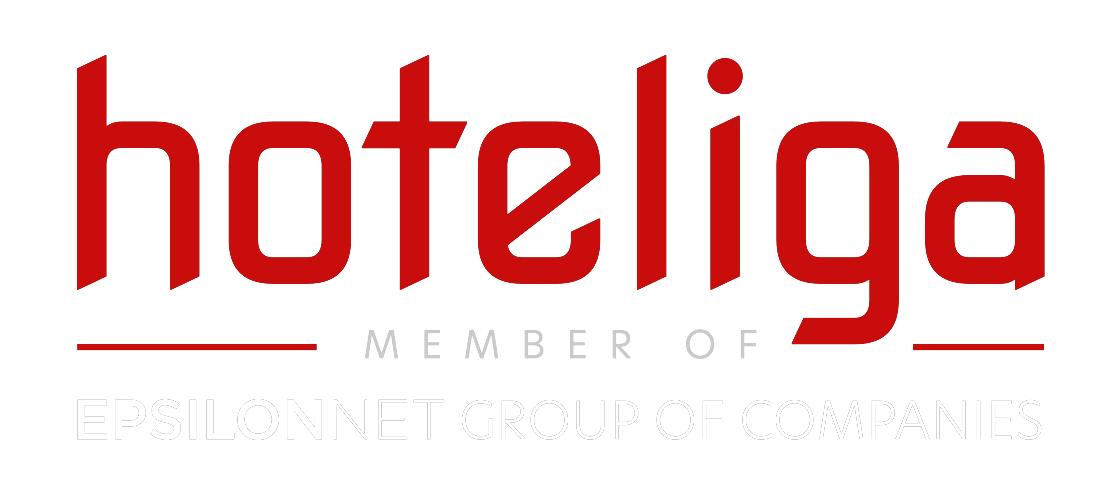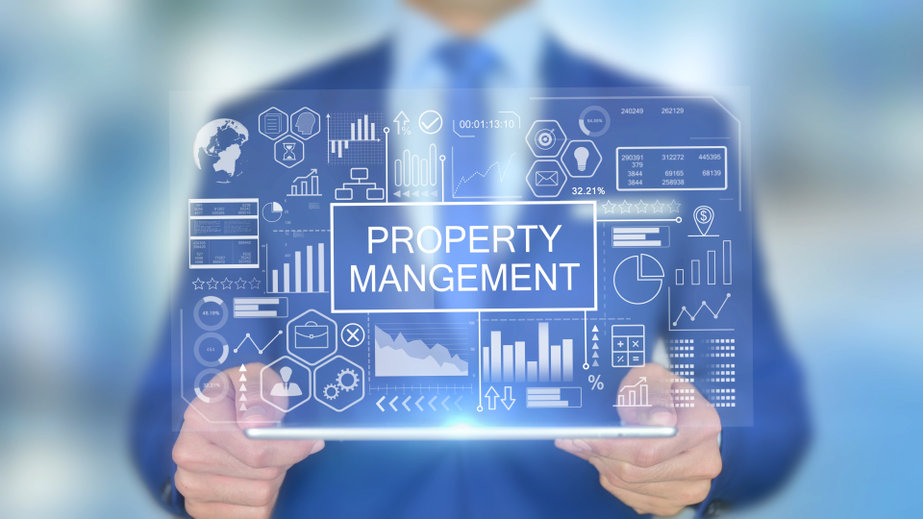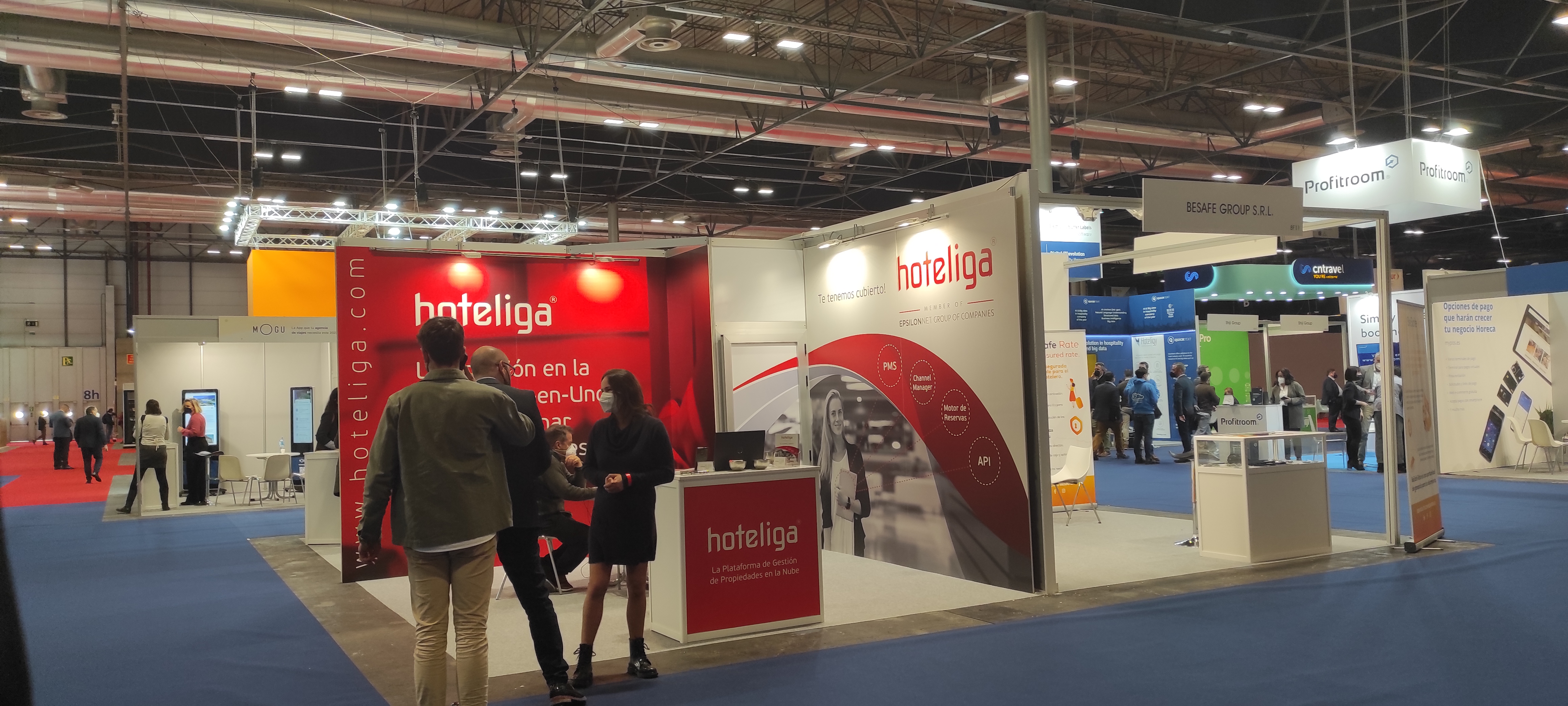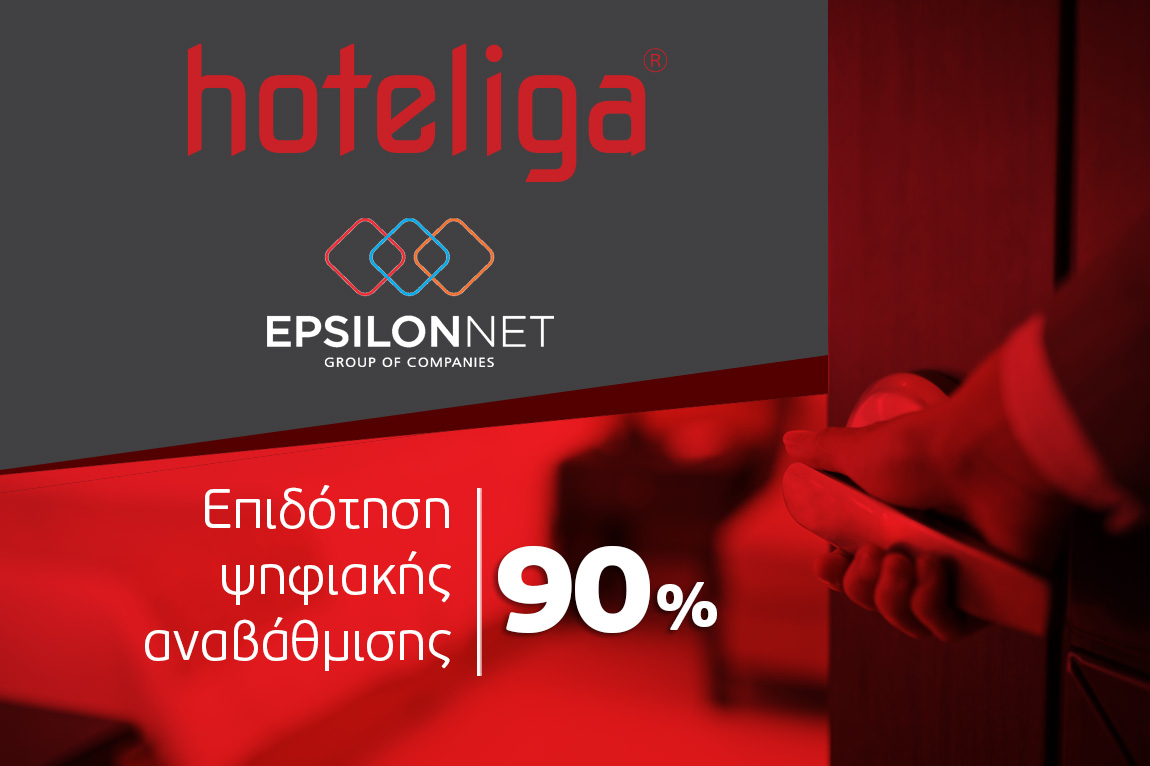
The Importance Of Risk Management Software In Hotel Industry
Today’s hotel industry is highly competitive and volatile. The increasing number of travel sites, social media platforms, and online booking engines make it challenging for hotels to stand out from the crowd. Moreover, structural changes in the economy are forcing many hotels to re-evaluate their business models.
The hospitality industry will no doubt continue to see dynamic growth in the coming years. However, this period of transformation also means that hotels need to adopt effective risk management strategies sooner than later.
With so many things to focus on when running a hotel from amenities and guest services to operational costs and supply chains, hotel owners must find ways to streamline their operations while still maintaining transparency throughout each department.
Implementing risk management software helps achieve these goals while also mitigating potential risks related to financing, property leases, vendor contracts, insurance coverage, cyber security threats, and more.
What is risk management software?
Risk management software provides a centralized solution for managing key business risks by tracking, analyzing, and visualizing data from multiple departments and internal stakeholders.
Risk management software allows businesses to identify, monitor, and manage risks such as vendor performance, customer satisfaction, supply chain risk, insurance coverage, regulatory compliance, and many more.
It is capable of collecting data from various sources by connecting to systems such as CRM, HR, accounting, and IoT sensors. Risk management software allows businesses to manage their risks with the help of a centralized platform.
With one platform, businesses can identify risks, track them, manage them, and make decisions based on that data which leads to better business outcomes. If you are looking for risk management software to use for your business you need to use tools like SEON to experience the full benefits of risk management.
Why is risk management software so important for hotels?
As mentioned above, the hotel industry is highly competitive and volatile. It is estimated that more than $100 billion is spent on travel-related purchases each year, of which almost half is spent on hotels.
While this is certainly a positive sign for the industry, it also means that businesses need to be vigilant about risk management strategies. Many hotels are challenged with the operational and financial aspects of their businesses.
They may need to manage costs that go above and beyond what is covered by room rates, such as energy costs and insurance premiums. They may also need to enhance their operational efficiency to meet the demands of customers who are increasingly connected and expect immediate service.
The Importance of having a robust risk management strategy
While risk management software can certainly help businesses manage their risks, it is important to understand that it is only as effective as the strategy behind it. A comprehensive risk management strategy should include the following components:
- Identify key business risks - Businesses should identify all factors that could negatively impact their business. This could include external factors, such as weather and political unrest, or internal factors, such as employee turnover and management practices.
- Track and monitor these risks - Once risks have been identified, businesses should track them using a centralized risk management platform. Risk management software allows businesses to track multiple risks at once, including vendor performance, supply chain risk, regulatory compliance, etc.
- Manage and minimize risks - Businesses should use a risk management platform to minimize risks that could have the biggest impact on their operations. For example, if a significant amount of revenue is generated from one customer, then managing that risk would be a top priority.
- Create a culture of risk management - Finally, risk management should not be conducted in a silo but rather permeate all aspects of a business’s culture. It should be considered as part of decision-making processes and integrated into daily operations.
Finding the right software for your Hotel
When selecting a risk management software, it is important to find a platform that meets your business’s unique needs. Here are some factors to be sought after:
- It should be able to manage risks related to your business model and help you respond to regulatory changes.
- It should be accessible across multiple devices and support the needs of your employees. There are many providers of risk management software, so finding one that meets your business’s needs should be relatively straightforward.
- It is important to consider factors such as cost, customer support, interoperability with other systems, and ease of use.
- When evaluating providers, it is also helpful to consider customer reviews and case studies from businesses using the software. Of course, it is important to note that a business choosing one provider over another does not guarantee success. Rather, it is critical to properly implement the software to make sure it is providing value to the business.
Managing Financing Risks
In today’s business environment, financing is often necessary to make capital investments. This could include purchasing real estate, investing in new facilities, or upgrading equipment.
While financing is typically a positive sign for a business, it can also be risky. Many hotels are accepting longer payment terms for financing, which means that they are receiving money from lenders over a longer period of time.
This could have a significant impact on cash flow, as hotels may have to make payments on those funds earlier than expected. Risk management software helps finance managers track the payment terms associated with various financing sources to gauge market conditions and overall risk levels. It also helps track members of the lending team, like investors and lenders, to ensure that communication is consistent and prompt.
Managing Property Lease Risk
Managing property lease risk is an important part of risk management for hotels. This is particularly true for hotels that lease their properties, as unusual events, such as weather-related disasters, often cause leases to contain out-of-the-ordinary termination clauses.
Risk management software helps manage lease risk by tracking important details related to lease terms, such as the length of lease and renewal options. Below are a few ways risk management software can help manage lease risk:
- Stay up-to-date on lease payments - Risk management software provides a centralized location for lease and property information. This helps businesses stay up-to-date on lease payments and identify potential issues, such as late payments from tenants or incorrect payment amounts.
- Track unique lease terms - Property leases often contain unique terms, like a provision for a tenant to receive a refund for unplanned outages in electricity or water. Risk management software can help track and monitor these terms, making it easier for businesses to meet lease obligations.
- Keep informed about lease terms - Property leases often contain provisions that could impact a business’s operations. For example, a lease provision may require tenants to provide 24 hours’ notice to hotel management if they plan to host a large event. Risk management software helps keep businesses informed about these lease terms.
Managing Vendor Contract Risk
Relying on external vendors, such as construction firms and insurance providers, can put businesses at risk. Risk management software helps identify potential risks associated with vendor contracts and help businesses respond to these risks more effectively.
Risk management software helps businesses identify key risks related to vendor contracts, such as the potential for a construction firm to miss a deadline or an insurance provider to deny a claim.
It also helps businesses track information related to vendor contracts, such as due diligence reports, timelines, and payment amounts. Businesses that use risk management software also use a secure collaboration tool to communicate with vendors and track important details, such as internal reviews and external communications. This helps vendors know that their contracts are being tracked in a transparent manner.
Managing Regulatory Compliance Risk
Hotels operate in many industries and are often subject to various regulatory bodies that oversee their activities and practices. This could include local government departments, government agencies, and other organizations.
Risk management software helps track key regulatory data, such as health and safety standards, environmental policies, and other important information. It also helps manage communication with regulatory bodies, such as responding to health inspections and audits. With a centralized risk management platform, businesses respond to regulatory changes quickly and effectively.
Supply Chain Management Software
Hotels rely heavily on their supply chains, particularly in the food and beverage industry. This includes everything from the products they use in the kitchen to the linens they provide in guest rooms.
Using risk management software helps monitor supply chain risk by collecting data across different aspects of the supply chain, including vendor information, transportation data, and compliance data. This helps businesses identify potential issues, such as a vendor not meeting regulatory requirements.
Wrapping up
Risk management software helps businesses manage their supply chain, and the associated risk. It also helps businesses manage the health and safety of their products, and the environment that they use as well as providing a central place to manage risk across your supply chain. If you have a need for risk management software, then you should definitely consider giving it a try.
Author: Cosmas Mwirigi
Cosmas alias Cosii-Riggz is a technology enthusiast and SAAS writer who helps clients understand products by explaining services for businesses.
He has been featured in websites such as PV Magazine and Bitcoin Kenya. During his free time, he likes traveling to new places and exploring what's new on the internet. Contact him on his LinkedIn page.













